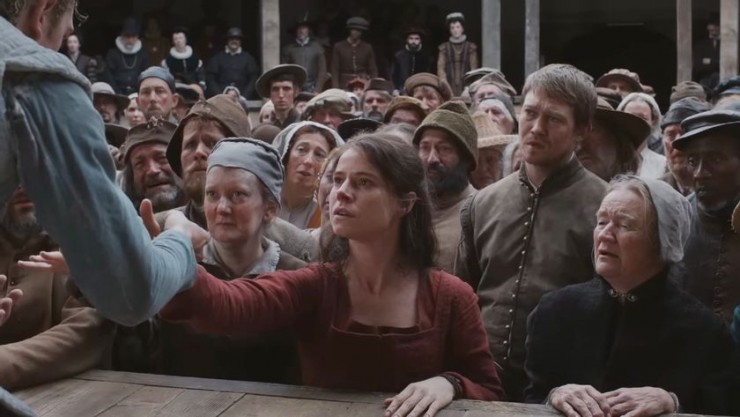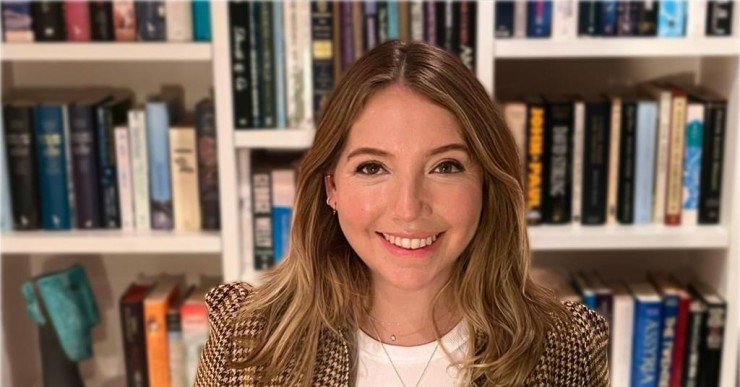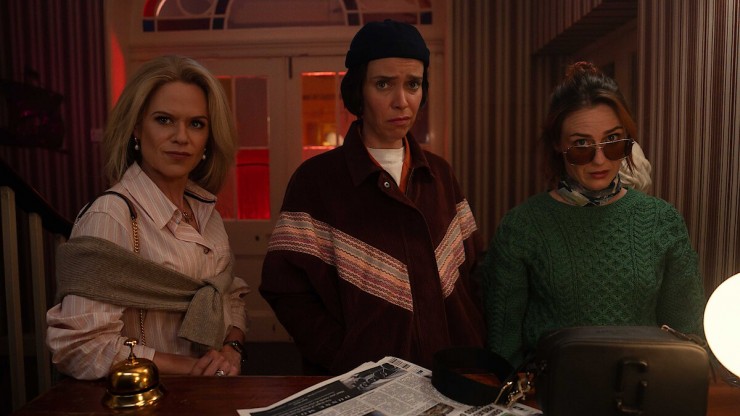Channel 4 has unveiled a “step change” in its portrayal of disability to cement a legacy of a decade as the official Paralympics broadcaster.
The broadcaster has published its Disability Code of Portrayal, which sets out its commitment for commissioners and producers to improve the quantity and quality of representation at both a programme and portfolio level.
C4 disability consultant Ally Castle said that in the same vein as its recently revamped Diversity Commissioning Guidelines, the code will “take the inclusion of disabled people in our content to a different level, far beyond cliches, tropes and stereotypes”.
Chief content officer Ian Katz said the code should be seen as a “framework for accountability”.
He added: “It’s now time for a step change at C4 across our portfolio, in terms of both the quantity and quality of disability representation in our content.”
As well as its Paralympics coverage, C4 highlighted talent such as Rosie Jones, Billy Monger, Bryony May Williams, Ed Jackson and Ruben Reuter and series such as Born to be Different, The Undateables and The Last Leg, as well casting of disabled people in staples such as First Dates, The Great British Bake Off, Hollyoaks and Gogglebox.
At a programme level, C4 expects programme-makers to:
- Give disabled people agency
- Show disabled people in 3D
- Represent being disabled as a valid identity
- Portray being disabled as a complex human experience
- Apply social model thinking
- Remove the ‘able gaze’
- Have empathy with, rather than sympathy for, disabled people
- Seek disabled performers for disabled roles – and cast disabled actors in roles not specifically written to be disabled
- Neither overplay nor underplay disability
- Say something insightful to disabled viewers
For commissioners working across its portfolio, it makes a six-part pledge that commits the broadcaster to:
- Ensure its output features a range of portrayals, ensuring disabled people are presented variously as:
- incidental to a show, without direct comment on disability;
- integrated in authentically relevant way;
- core representation, in which they are “front and centre of the core propositionAl and narrative”.
- Favour inclusively disabled shows above exclusively disabled stories, to limit ‘othering’
- Editorially offset any stereotypes or tropes required by a narrative
- Always have senior editorial disabled input in core disabled input in core disability stories – from within C4, in a production team, or a consultant
- Peer review all of its incidental and integrated disability portrayal
- Represent in sufficient volume to allow for the full spectrum of disabled experiences and for every series to have at least one disabled performer, contributor, guest or presenter


